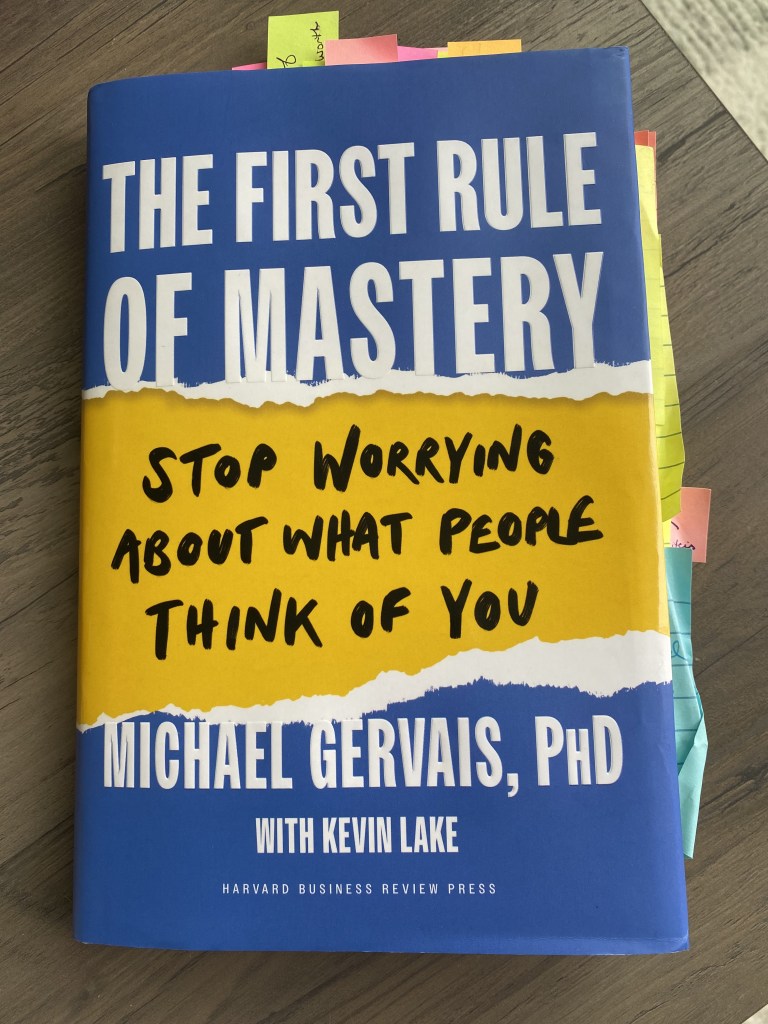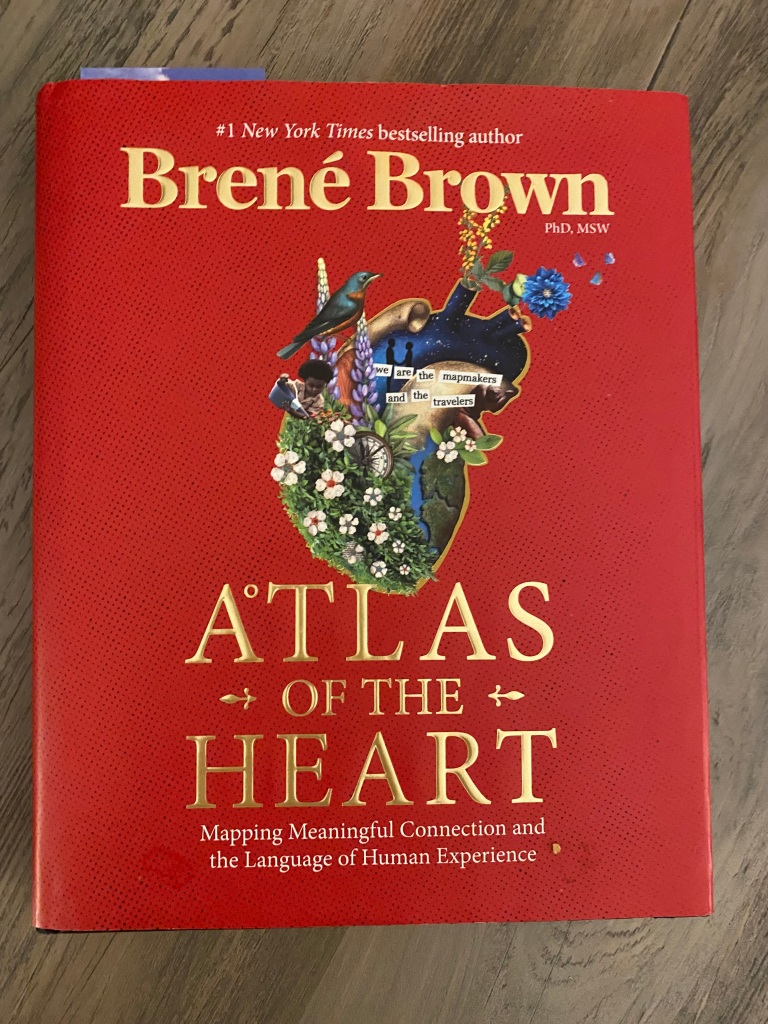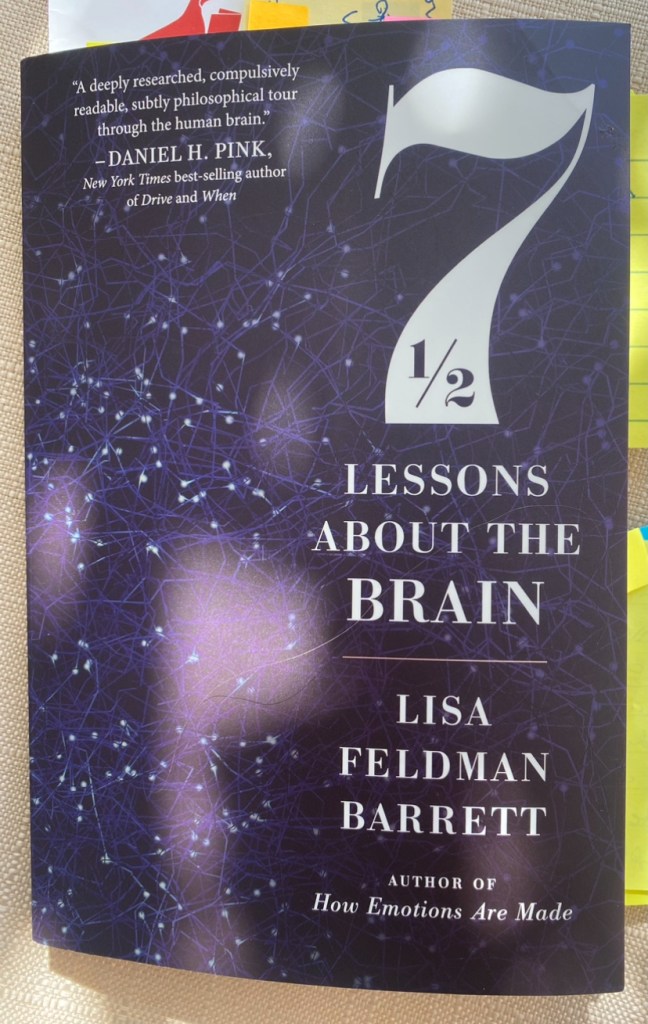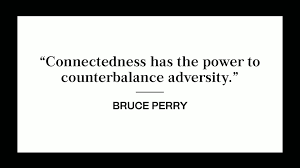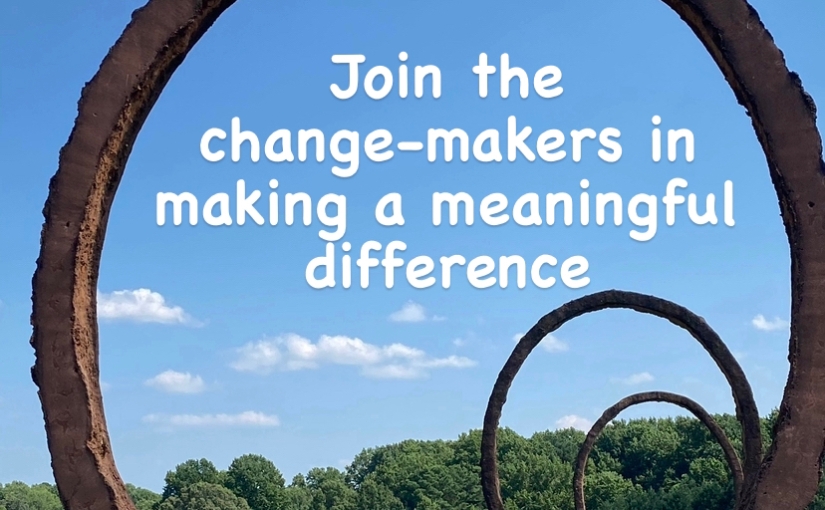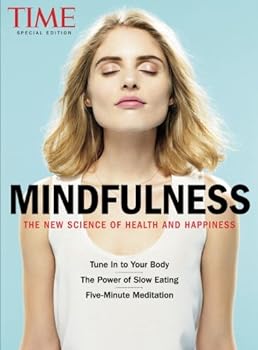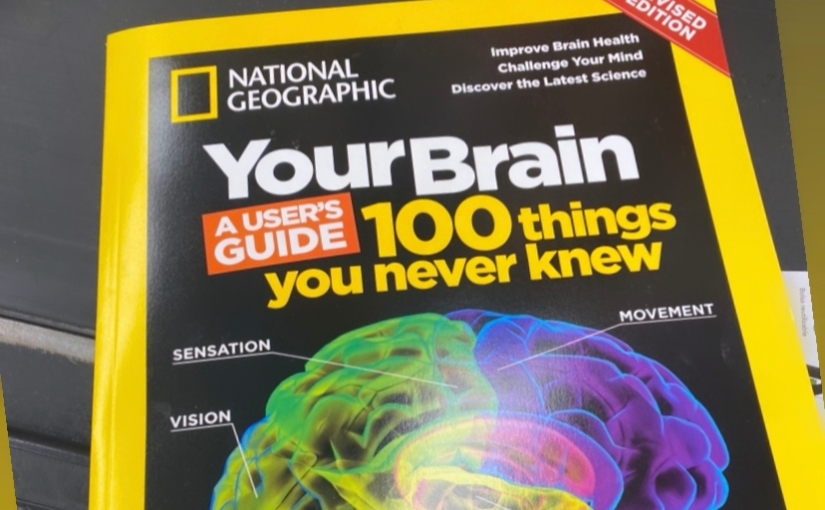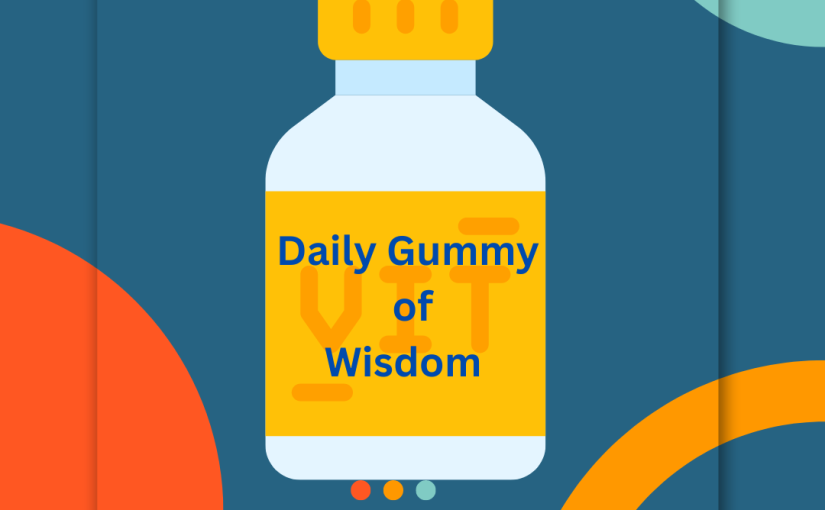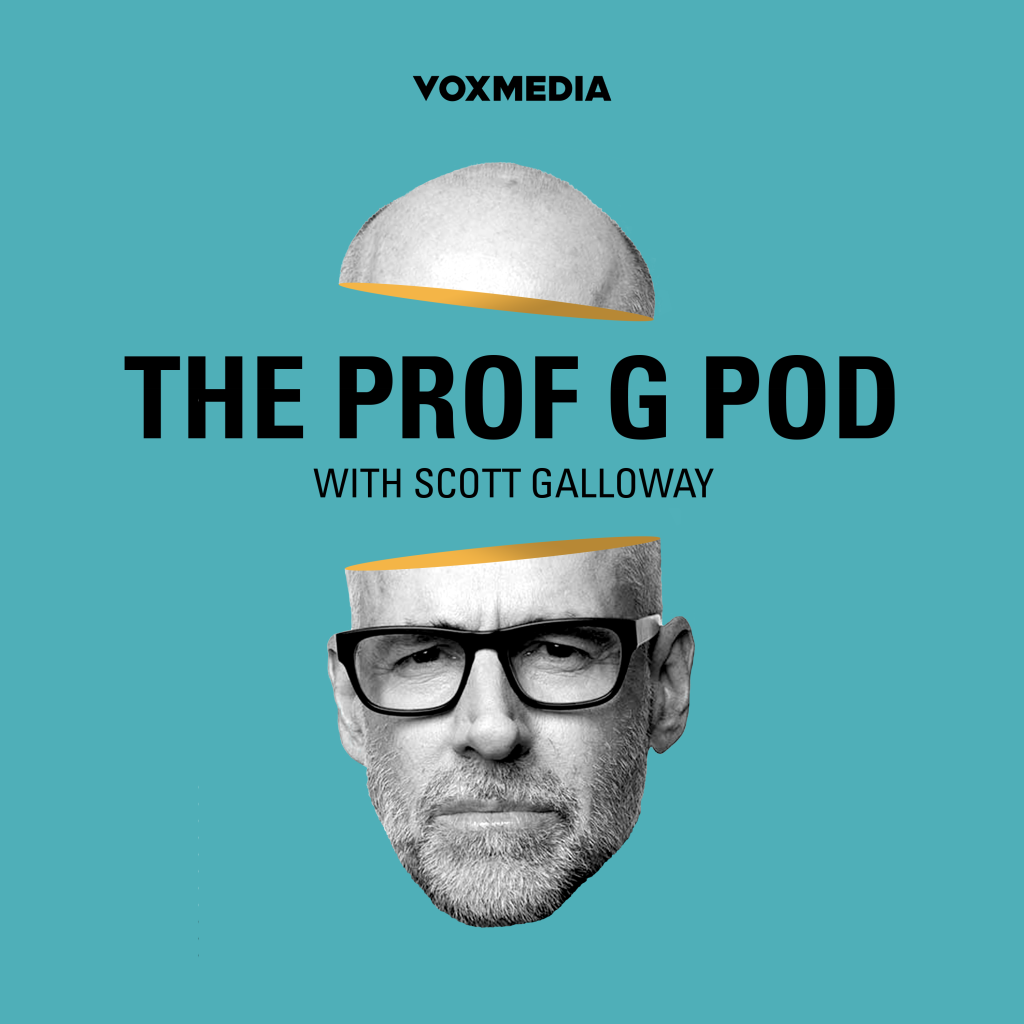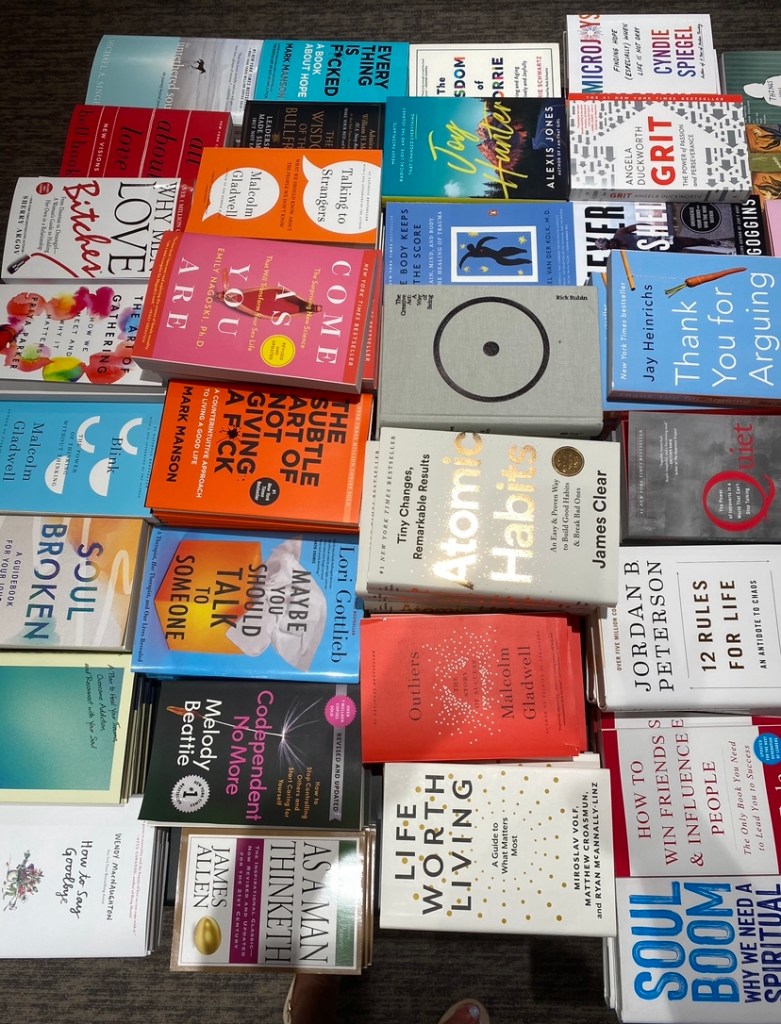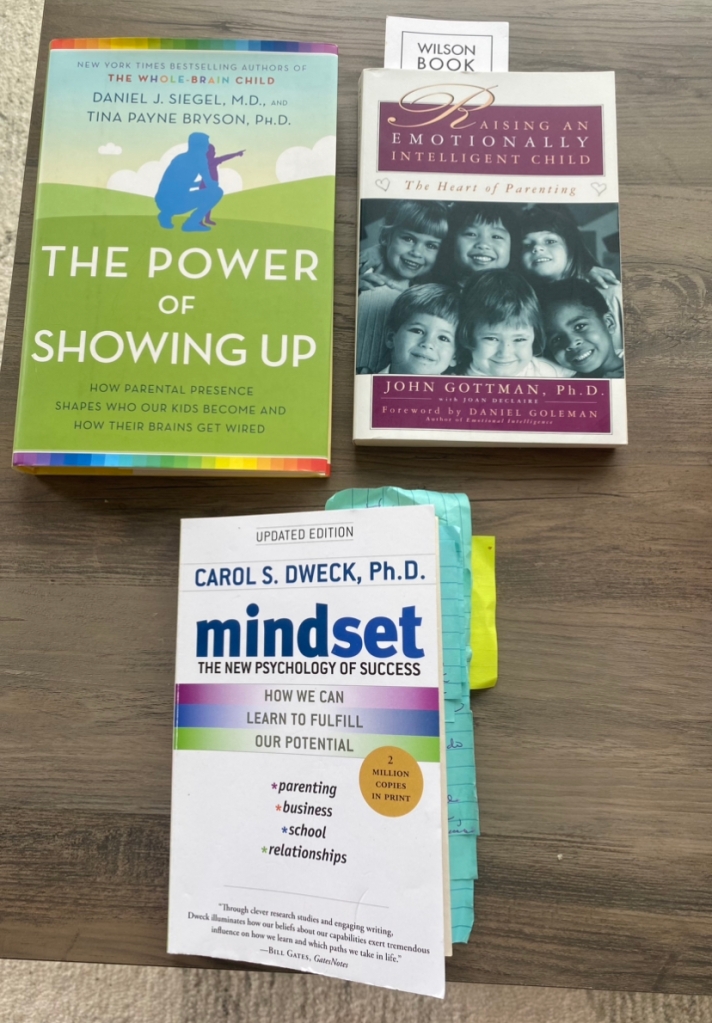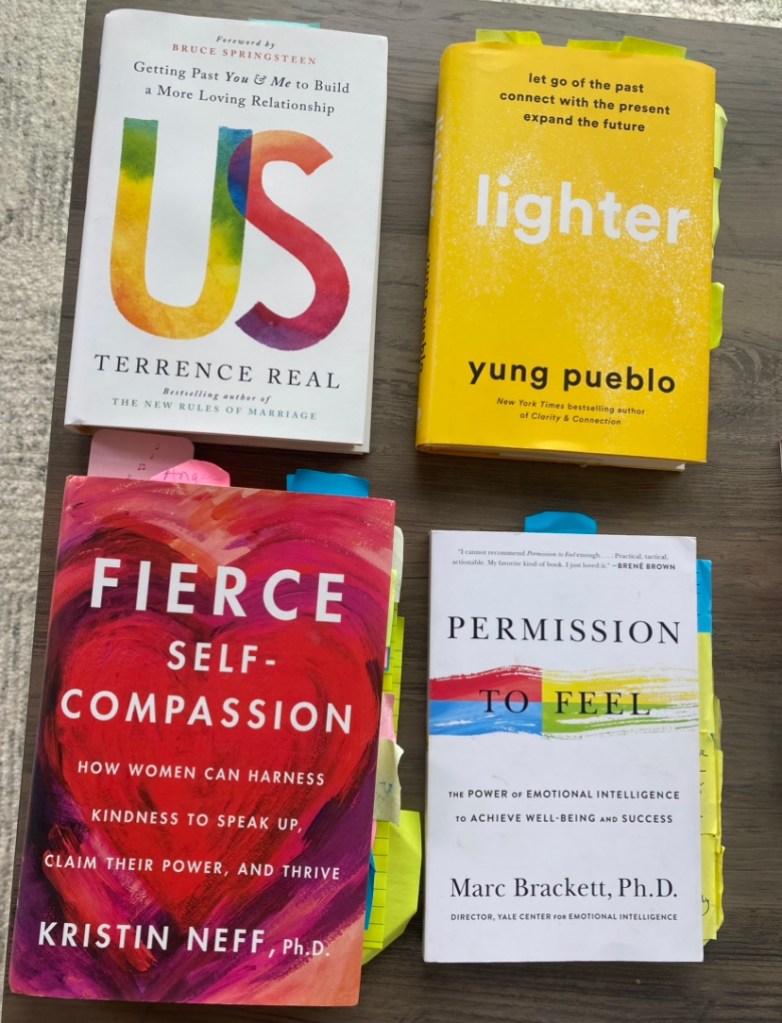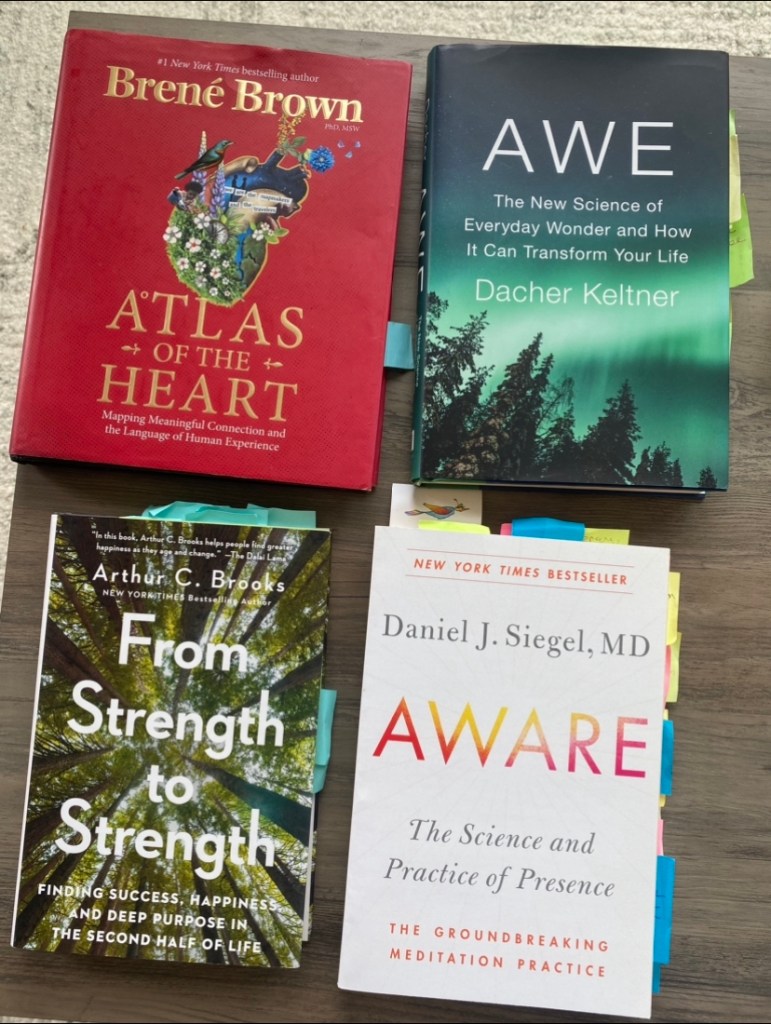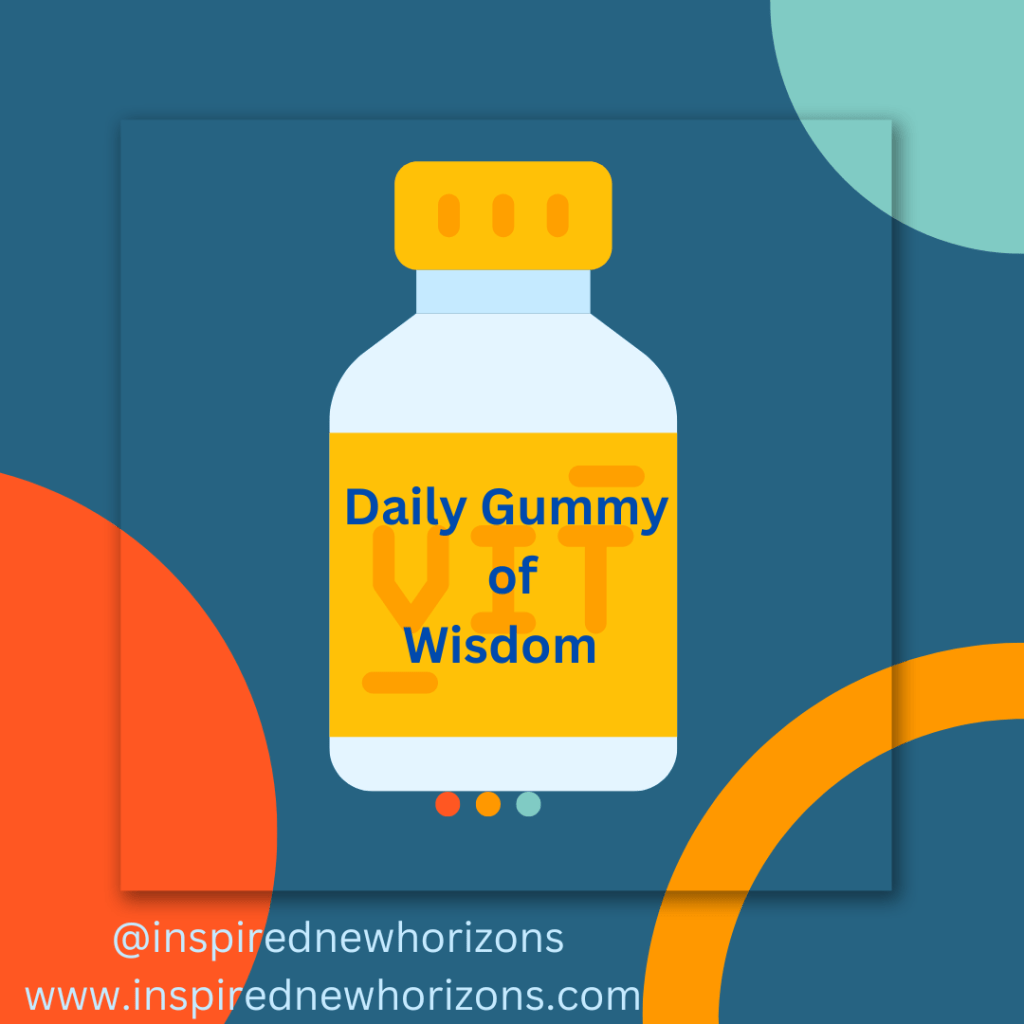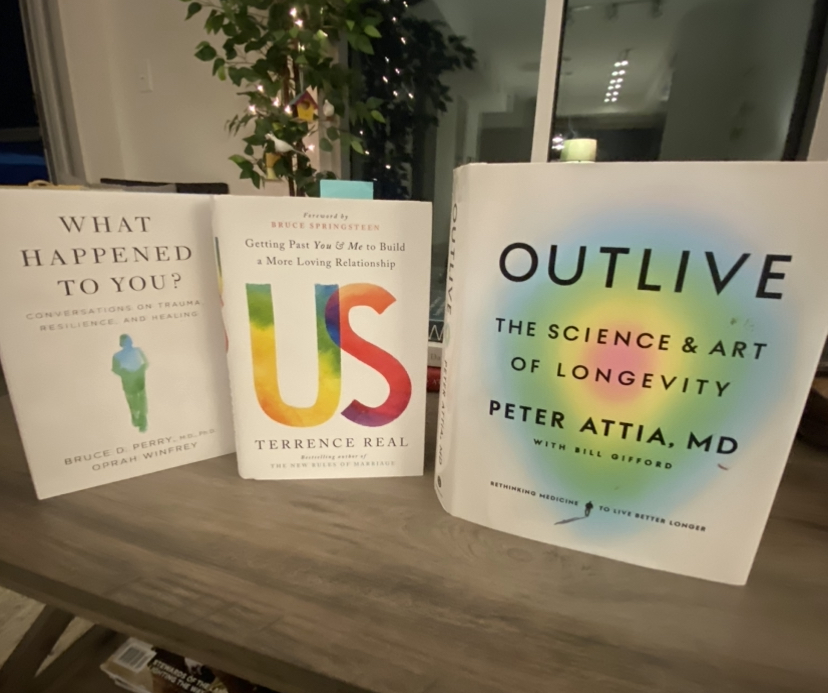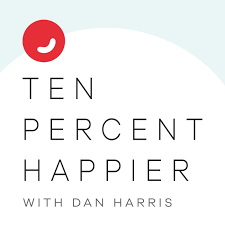A couple of years ago, I blogged about how excited I was to be discovering that so many diverse fields and modalities were beginning to intersect. Many of my favorite resources for personal growth and self development were referencing each other in their books and research papers. It was becoming evident that a lot of dots were being connected as neuroscience, psychology, parenting and emotional health began to swap knowledge and findings.
So many of the profound breakthroughs would have been worthy enough on their own, and yet it was putting all the pieces together that revealed a much bigger, more dynamic picture about our human evolution. What is currently underfoot is a creative coalescing of an all-encompassing understanding of how our brains and bodies actually work – and how this changes everything we once believed about the human experience.
We not only have more pieces of the puzzle — we actually have a much bigger picture.
Since the dawn of time, we human beings have been so busy “doing” the same things over and over, getting the life lessons repeatedly, but not really making genuine progress in a meaningful way. In fact, we have been making things much harder than they have to be for thousands of years. This is precisely why the philosophy and life lessons from the Stoics still resonate so deeply with us. Little has changed about the human experience, regardless of the time period we live in.
What is changing is our knowledge and understanding of the human body, brain and mind. We are now in the midst of a human evolutionary transition. Futurist Amy Webb recently shared with Brene Brown that fifty years from now, people will look back on this time period with great wonderment – we are Generation Transition.
I imagine my grandchildren who range in ages from 6 to 11, being in their mid-life fifty years from now – having had the benefit of better skills, tools, knowledge about their brains and bodies than all the generations before them — and how their lives will have been shaped in healthier, positive and meaningful ways.
It is impossible not to get excited and enthusiastic about ushering them into this new era of our evolution, armed with emotional integration, healthy psychological tools, and an understandable owner’s manual for their own body and brain.
Talk about being generational cycle breakers – no wonder we are Generation Transition. Maya Angelou has always told us that when we know better, we do better — and now we most definitely know better about how our brains work – and how to care for them.
This moment in our human evolution is one for the record books. How we meet the moments of our human experience is what is shifting — we are going to become proactive rather than reactive. We are going to be better equipped to deal with change and uncertainty with resiliency, acceptance, flexibility and curiosity. We will not be armoring up to protect ourselves, we will be gearing up for meeting the moment in profoundly healthier ways.
We are shifting in tandem across many disciplines to become proactive users of better skills and tools for ourselves, our relationships, for parenting, for our physical and mental health and overall quality of life. All of these pieces of our human puzzle were meant to work in harmony, yet we kept them compartmentalized. Now we know better.
We know that emotional integration is the missing link we got so wrong. As we are plugging this key component into our human operating system, so many other fascinating parts of our brain/body unity are lighting up and coming online.
The creative coalescing that I am seeing today is showing up in podcasts. In fact, podcasts may be the very alchemy that we need to keep up with the rapid pace of our collective growth period.
What makes podcasts so impactful is that they are real life conversations that engage us more viscerally — we almost feel that we are part of the discussion as we listen, nod, agree, push back and take in new information. The interplay of the podcaster and guest invites us to learn and integrate almost spontaneously. These rich conversations remind us that we are not alone. There is an instantaneous recognition that the vast majority of us are all grappling with many of the same life issues. We are collectively normalizing and demystifying the recurring problems and opportunities that humans have faced since the dawn of time.
Ryan Holiday recently shared in one of his Daily Stoic podcasts that we don’t have to learn all of life’s lessons the hard way. We can learn from other’s stories and experiences — and most importantly from their hindsight, insight and wisdom. This underscores the dynamic learning environment unique to podcasting. The creative coalescing is happening in real time on a continual basis as podcasters dive into deep conversations with very diverse guests and find common ground in what was once perceived as unrelated subject matter.
Let me share a few delightful examples of this creative coalescing. These are some of my favorite podcasts that support my own insatiable desire to learn and stay current.
The Rich Roll Podcast with guest Dr. Ellen Langer:

Rich Roll is an ultra endurance athlete and full-time wellness advocate. In a very relatable story, Rich hit rock bottom in his 40’s with his longtime struggle with drugs, alcohol and unhealthy living. He turned his life around and then turned to extend a helping hand to others who found themselves with similar struggles. Rich started his podcast in 2013 and often interviewed high profile athletes who shared similar life experiences.
On February 12, 2024, Rich Roll’s guest was renowned psychology professor at Harvard, Dr. Ellen Langer. They took a deep dive into her newest book, The Mindful Body: Thinking Our Way to Chronic Health. Dr. Langer is the most delightful and engaging guest for an inquisitive podcaster. She has the unfiltered curiosity of a three year old and a sense of humor to match.
Dr. Langer’s approach to mindfulness is not about sitting on a cushion meditating – it is about proactively living each and every moment steeped in mindful curiosity. She offered the most insightful nugget early on: “Everybody’s behaviors make sense to them; otherwise they wouldn’t do them.”
Rather than judging, hand-wringing or rushing to rescue when someone’s behaviors seem out of alignment, she challenges us to be open-minded and inquire — “what was your intention?“
This simple pivot moves us from being stuck in age-old patterns that feel like a tug of war and shifts us into becoming curious explorers. We not only change our “go-to” judgmental and knee jerk responses to others, we build a bridge to helping others become more “mindful” and self aware of how they get in their own way and may be negatively impacting their relationships.
When we change how we meet others and the events in our life, we facilitate collective change.
I loved this episode so much that I ran right out and bought her book, gifted a few copies and have been having the best conversations about it ever since. This is how the word is spread. How many other listeners have done the same and are bringing positive changes to their friends and families?
Since Rich Roll had Dr. Ellen Langer on his program, he has also had the following guests join him for more diverse yet inter-connected conversations:
- February 22 – Charles Duhigg, Author of SuperCommunicators, discussing how to unlock the secret language of connection.
- March 4 – Cal Newport, Author of Deep Work and Slow Productivity, talking about how to escape burnout, do your best work and achieve more by doing less.
- April 1 – Dr. Daniel Amen, world renowned psychiatrist and author of Change Your Brain Everyday where they discussed all things brain health, dementia, Alzheimers and ADHD.
- April 15 -Scott Galloway, co-host of the popular tech and business podcast PIVOT and author of the Algebra of Money, to talk about why vulnerability is power, healthy masculinity and financial security.
- April 22 – Jonathan Haidt, author of the Anxious Generation and The Coddling of the American Mind, to unpack how social media is rewiring childhood.
Just look at that guest and topic list — this is the creative coalescing that I have been observing. Rich Roll is facilitating the coalescing by having so many diverse guests discuss their areas of expertise. It’s easy to connect the dots and see how insights from one conversation dovetail into another.

Re:thinking with Adam Grant Podcast:
Wharton organizational psychologist, Adam Grant, kicked off 2024 with a podcast episode on parenting. Imagine that – parenting!
On January 2nd, Dr. Becky Kennedy, one of today’s foremost authorities on a brand new model for parenting, had an awesome conversation with Adam Grant about bringing out the good in kids and parents. Dr. Becky’s parenting model focuses on integrating emotional intelligence so that our children get a complete operating system and the training wheels they need to understand it. This parenting model is a total 180 from the old one that did not integrate emotions and subsequently is the root cause of so much emotional misunderstanding and disregulation.
I have been a huge fan of Dr. Becky for quite a long time and I learned that Adam Grant and his wife are too. They have been following and implementing Dr. Becky’s parenting advice with their own kids. The positive impacts are evident for both parents and kids as Adam pointed out with some of his personal stories.
Dr. Becky shares short videos with her social media followers that are relatable, common and “spot on”– many of them created as she takes a break in her closet, or walking the busy streets of New York. She draws from her own parenting experiences, from her private practice and workshops. Every parent and grandparent will get something of real value from her clips – and often the practical advice she offers are good emotional tools for kids and grown ups alike. The reality is that since most of us did not learn about the meaningful role emotions actually play in our lives, we have to “unlearn” before we can teach this new and improved way of using our emotional intelligence.
It became very evident that the subject of parenting and Dr. Becky were becoming mainstreamed when Dr. Andrew Huberman also had her on his podcast on February 26th with the title “Protocols for Excellent Parenting & Improving Relationships of All Kinds. Just as I had observed in my own life, when we parent with better practices and tools, we also gain positive benefits for all other relationships. Yes, I did get goosebumps.
I found myself laughing out loud recently when during a recap of the Daily Show with Jordan Klepper, even he mentioned Dr. Becky’s rule of thumb for emotional distress. Once again, we see how the seeds of positive change are popping up everywhere.
Here’s another intriguing list of the diversity of subjects and experts in Adam Grant’s podcast lineup:
- January 16 – Dr. Lisa Feldman Barrett, psychologist and neuroscientist at Northwestern and Harvard – You have more control over your emotions than you think
- January 23 – Susan David, psychologist at Harvard Medical School – overcoming toxic positivity
- March 5 – Cal Newport (who was also on with Rich Roll) – How to be productive without burning out
- March 26 – Charan Ranganath, psychologist and neuroscientist – the science of memory
- April 16 – Anne Lamott, renowned author of 20 books and Adam’s favorite writer – her thoughts on love, writing and being judgy
- April 23 – Kara Swisher, journalist, author and co-host of the Pivot Podcast with Scott Galloway (who was also Rich Roll’s guest) – on speaking truth to power.
I couldn’t resist sharing these compelling lists of topics and guests for two of my favorite podcast series. There is a lot of crossover and intersecting occurring – rather like a blurring of once solid lines between diverse fields. It is proof positive of futurist Amy Webb’s observation — we are all a part of Generation Transition.
Historian Ken Burns has noted that change happens at the edges. It made me think of Brene Brown who began her research on shame and vulnerability 25 years ago, just before 9-11. Her first Ted Talk on that very subject became an overnight sensation and rates as one of the most highly viewed Ted Talks ever. Brene wasn’t so sure that we were ready for discussions about emotions, vulnerability and human connection. Perhaps we were ready – or sensed that we needed to get ready.
Ready or not, we are at a tipping point in our human evolution with so much incredible new knowledge and insights to support the process. It is the first time that we have so much creative coalescing bubbling it all up to the surface. It is readily accessible, highly relatable, makes for engaging conversations and has positive benefits across all aspects of our health and well being.
What will you share about this moment in time – 50 years from now?
RECOMMENDED RESOURCES:
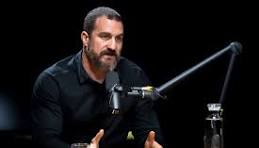
(science and science-based tools)
with Dr. Andrew Huberman

(high performance psychology)
with Dr. Michael Gervais
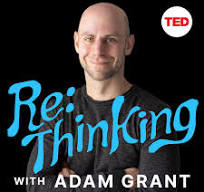
(great minds don’t think alike)
with Adam Grant
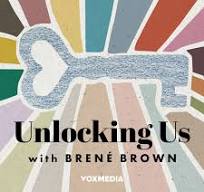
(conversations to unlock the deeply human part of who we are)
with Brene Brown

with Music Producer Rick Rubin
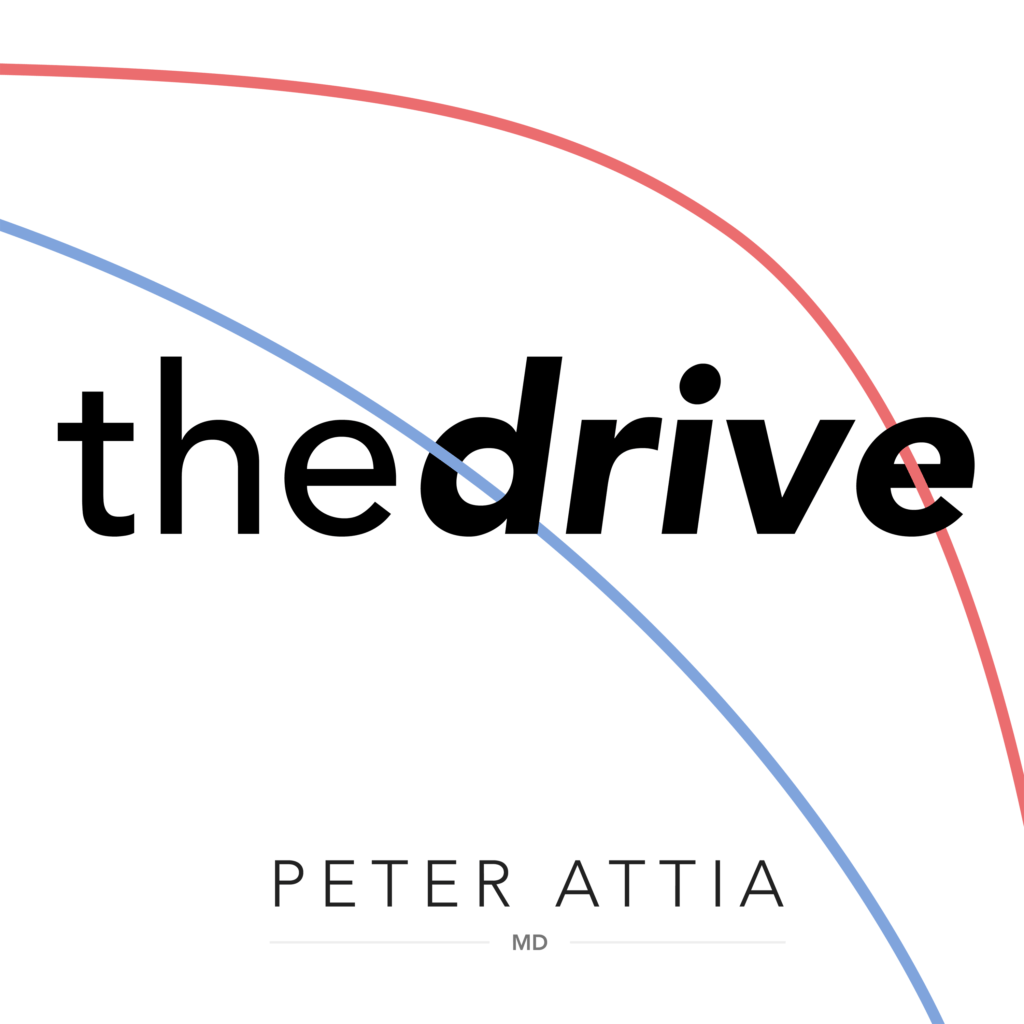
with Peter Attia

(step into the office of psychotherapist and learn from client sessions)
with Esther Perel

(practical science of well being)
with Forrest and Dr. Rick Hanson

(all things tech and business)
with Kara Swisher & Scott Galloway


